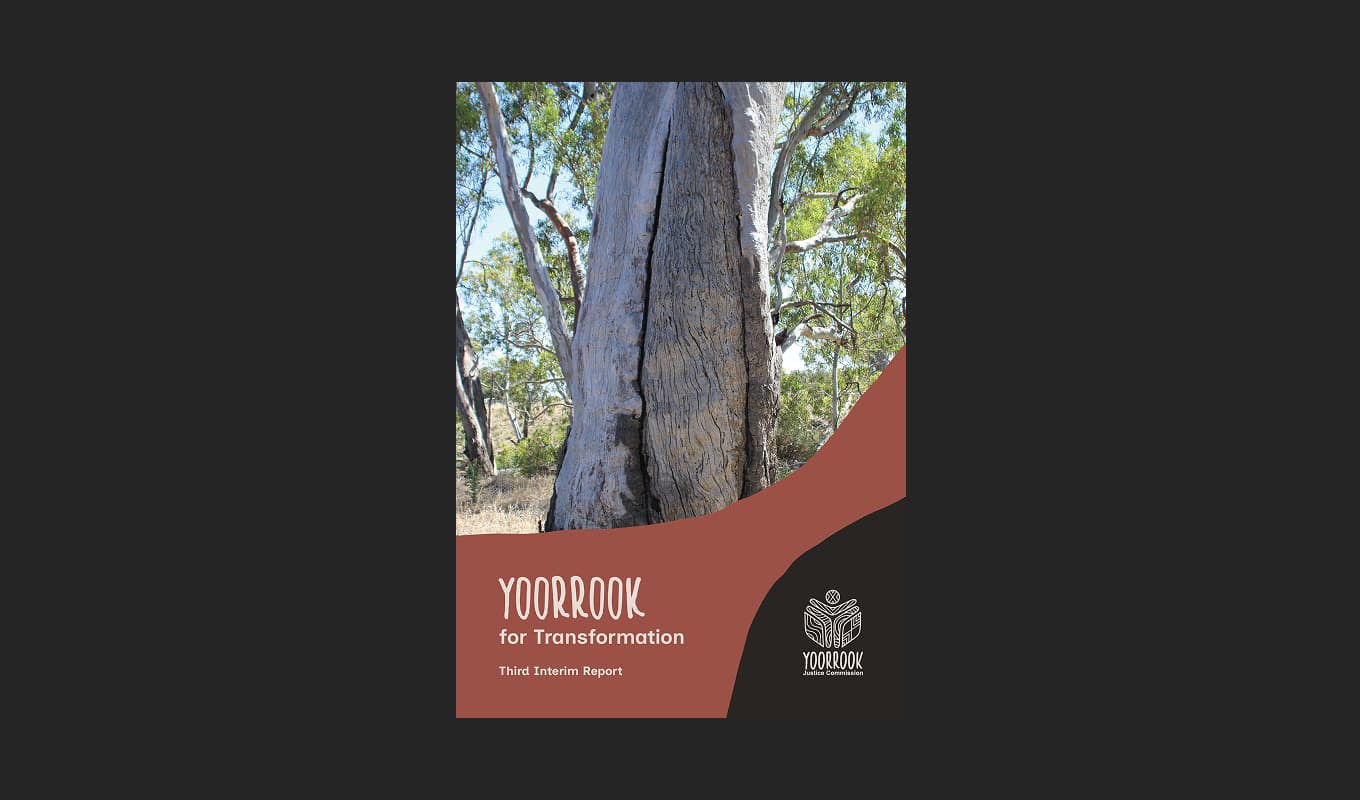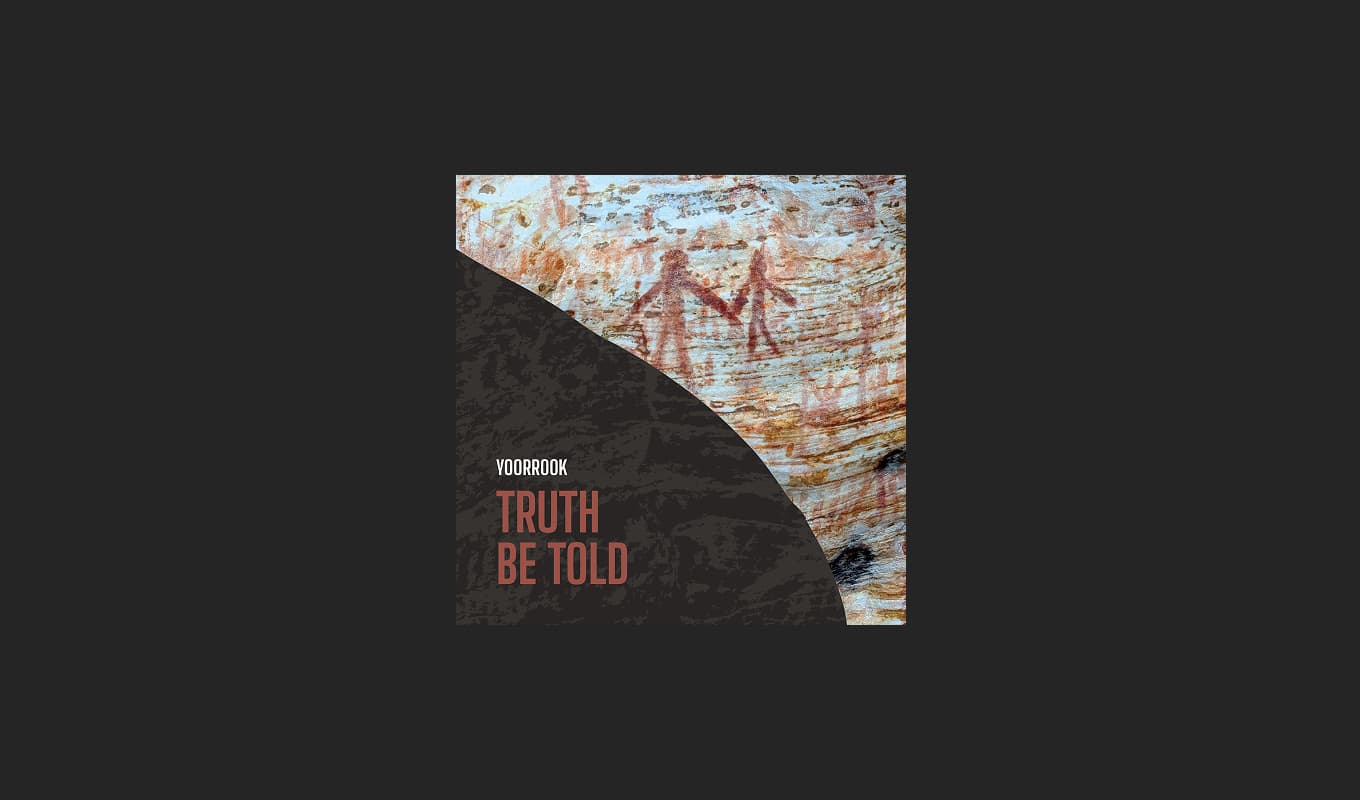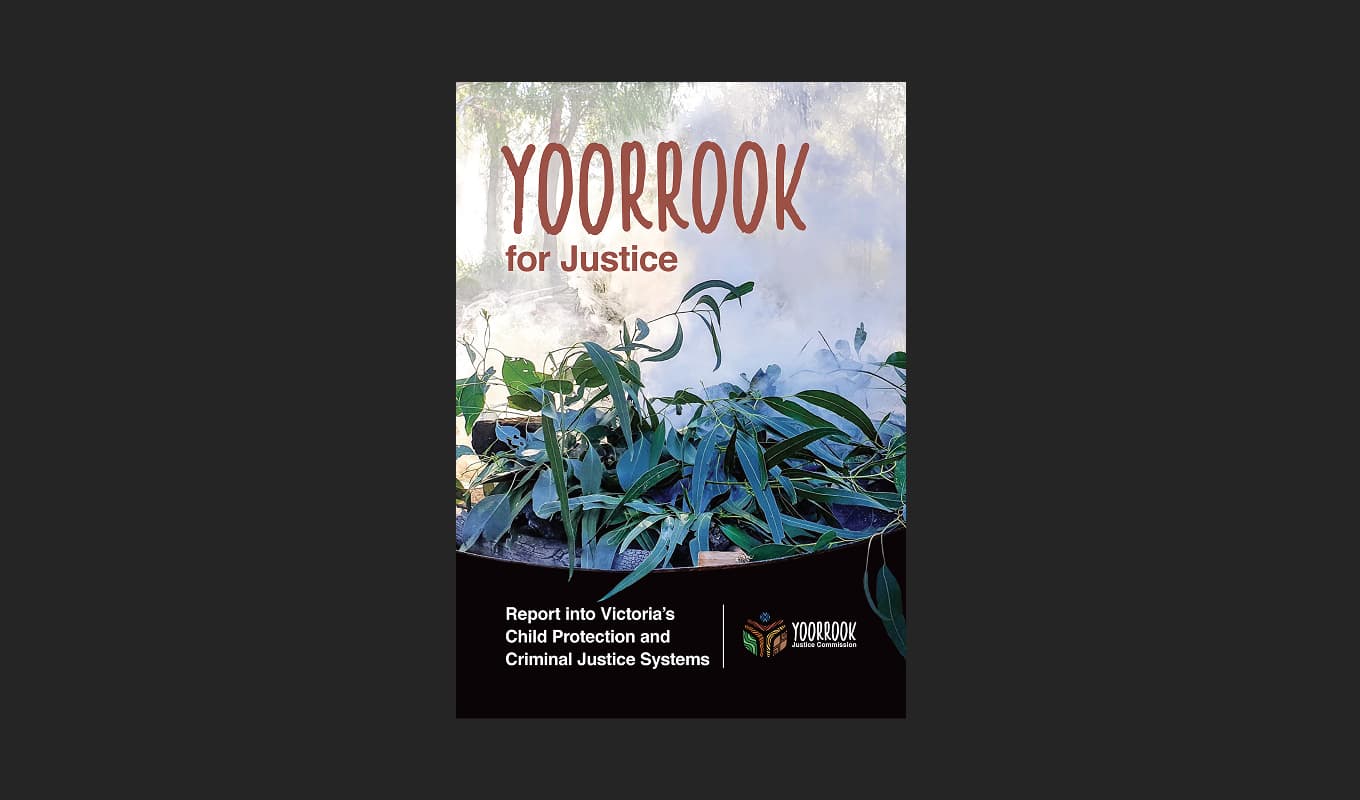Anonymous 1481
The author has a broad understanding of colonisation’s impact on First Peoples but feels Victoria's education system was extremely limited in teaching First Nations history and culture. They advocate for place-based knowledge, respect for Elders, and a shift towards a "Caring for Country" model. They also support truth-telling, treaty, and self-determination for First Peoples, and advocate for a commitment to life-long learning and creating new foundations.
Submission Transcription
I have a broad understanding of colonisation, settlement, occupation, genocide and the government policies applied to First Peoples. I do not have an extensive knowledge about the impacts on First Peoples, however I know about the post settlement dispossession, the diseases, the inability to vote, the loss of language and culture and the inability to care for and live on Country.
My schooling about First Nations history and culture in Victoria’s education system was extremely limited. I was at school from 1981-1993. I read Sally Morgan’s ‘My Place’ as part of the school curriculum, and I visited Ricketts Sanctuary as a child. I don’t recall much more than that. I never knew Aboriginal words were used for places around Melbourne like Tullamarine, Nunawading or Maroondah. I certainly did not understand any cultural practices although I feel that I knew about the custom warning before deceased First Peoples photos were shown when I was young. I also watched Storm Boy as a child, although this was not part of school (as I recall). As a side note, I have since re-watched Storm Boy and I re-read My Place during lockdown as an adult and am actively learning about First Nations history and culture as part of life long learning.
Place based knowledge. I came back from Kakadu in 2019 keen to learn about the native flora, fauna, geography, geology traditional names, First Peoples knowledge and history etc for the area I live in. I’ve lived on Wurundjeri Country all my life, but I know so little about it from a First Peoples perspective. So much native, natural heritage knowledge is missing from Victorian’s understanding. Caring for Country and Indigenous knowledge systems should be the framework for everything! Understanding First Peoples connection to the land would require Victorians to unplug/untether/uncouple from the capitalist system. Understanding and respecting First Peoples mindsets/connection to land is paramount to better understanding and respect. Celebrating incredible historical monuments and moments ie the flooding of the Port Philip grassy plains / Naarm, Budj Bim, astrological sky reading on the salt plains (Sea Lake), seasonal knowledge that goes beyond autumn colours in introduced species for example. Respect for Elders – there is so much Victorians can learn from First Peoples. Sharing culture, respecting culture, celebrating culture. Shifting from capitalist imperialist system to an economic democratic system would benefit all, especially First Peoples if it was based on a Caring for Country model. Normalisation of First Peoples First. Treaty is important and self-determination is important, I’d love to see First Peoples led practices for Victoria.
I am the keeper of the family archives. I have studied history and heritage, and professionally work in history and heritage aligned fields. I am committed to history and truth telling. I seek to expand my understanding of settler and imperial colonisation and the processes for decolonisation. I research and write history to place my family and its activities in the wider context whether it be local history, state, or national history both here in Australia and internationally. As I share each story, potentially, I will increase knowledge of those who read my work on truth telling, treaty, colonisation and understandings of decolonisation.
I am the keeper of the family archives. I have studied history and heritage, and professionally work in history and heritage aligned fields. I am committed to history and truth telling. I seek to expand my understanding of settler and imperial colonisation and the processes for decolonisation. I research and write history to place my family and its activities in the wider context whether it be local history, state, or national history both here in Australia and internationally. As I share each story, potentially, I will increase knowledge of those who read my work on truth telling, treaty, colonisation and understandings of decolonisation.
Truth-teller consent
Contact us about this submission
Contact us if you’d like to discuss this submission.
Similar submissions
Explore submissions from other witnesses that discuss similar topics.
Viki Sinclair (Fowler)
Viki Sinclair is a direct descendant of one of the original settlers of Gippsland, Colin McLaren. In this submission, she tells her personal story of... more
Prof. Mark G. Brett
Prof. Mark G. Brett's paper, "Reinventing Waste Land as a Colonial Legal Fiction," explores the historical development of the concept of waste land fr... more
Barbary Clarke
Barbary Clarke and Jason Clarke, descendants of Alfred Deakin and William John Turner, also known as Big Clarke, discuss aspects of their family's his... more
Reports and Recommendations
Read the official reports and recommendations of the Yoorrook Justice Commission.

Yoorrook for Transformation
Third Interim Report: A five-volume comprehensive reform report presenting evidence and findings on systemic injustices, and specific recommendations for meaningful change to transform the future.

Truth Be Told
An official public record that documents First Peoples experiences since colonisation, preserves crucial testimonies for future generations and creates an enduring resource for education and understanding.

Recommendations for change
Yoorrook Justice Commission’s recommendations for truth-telling, justice, and systemic reform in Victoria.

